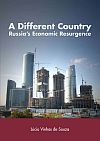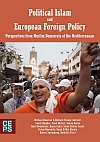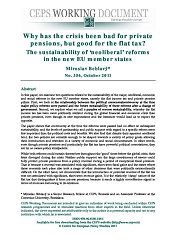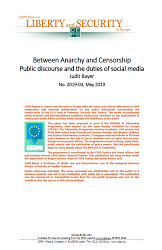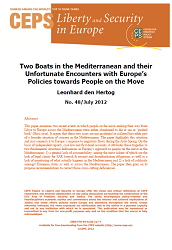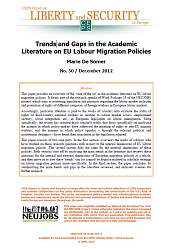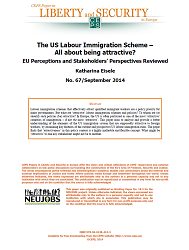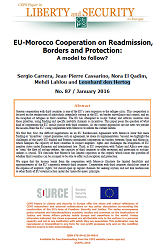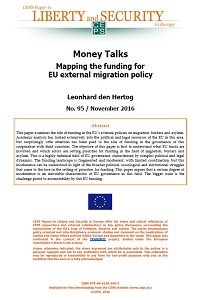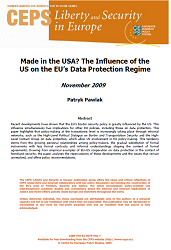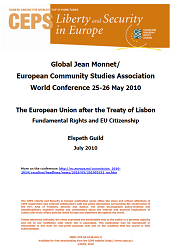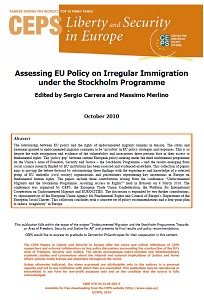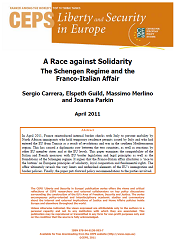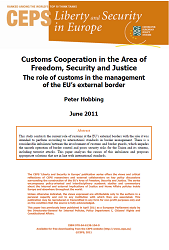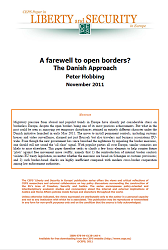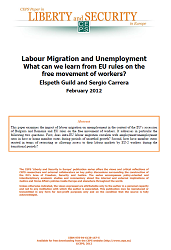
The Rubik Cube of the Wider Middle East
The Rubik Cube of the Wider Middle East
Keywords: Wider Middle East; Middle East; comprehensive regional initiative ; EU and US ; US policy ; unilateral ; Israeli-Arab conflict ; Western-Islamic relations ; Maghreb;
Given the complexity and severity of the problems involved, this book asserts that a comprehensive regional initiative for the Wider Middle East is called for and proceeds to outline exactly what that would entail. The first-best solution would be the adoption of a convergent strategy towards the Wider Middle East by the EU and US together. The authors argue that a US policy that waged a unilateral war against Iraq and left the Israeli-Arab conflict still festering would mean counterproductive effects for the fight against Al Qaeda and huge damage to Western-Islamic relations as well as to the transatlantic alliance. At the same time, however, the EU must be prepared to strengthen both the ‘carrots’ and the ‘sticks’ in its policies in the region in any case. The point of the image of Rubik’s Cube is to stress the need for a coherent vision for all three regions of the Wider Middle East (Maghreb, Mashreq and the Gulf), for all three major vectors of policy (politics, economics and security), and for all three major external participants (the US, Europe and the international organisations).
More...

